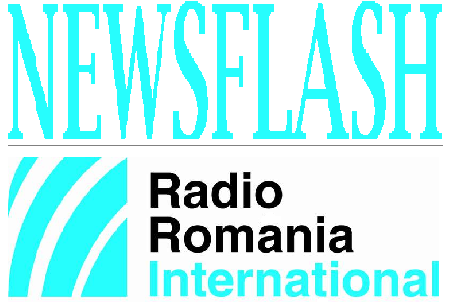December 29, 2013 UPDATE
A roundup of domestic and international news

România Internațional, 29.12.2013, 18:10
The Romanian Foreign Ministry has conveyed condolences to the families of the victims of the bomb attack in Volgograd (in the south west of Russia) that killed at least 14 people and firmly condemns terrorist actions of any kind. The EU and NATO have also condemned the suicide attack that occurred in the city’s main train station. International news agencies write that the bloody attack which also killed scores, is part of a spate of attacks that affected this area near the Caucasus. In October a suicide bomber from Daghestan killed 6 people in a bus station in Volgograd.
The European institutions are trying to counteract the anti-immigration campaigns in some European countries, caused by the fact that as of 2014, the Romanians and Bulgarians will have full access to the labour markets in all EU countries. According to Radio Romania’s correspondent to Brussels, the representatives of the European institutions have recently drawn attention that the free movement of the labour force is a fundamental right , thus replying to some press campaigns that suggested that very many Romanians and Bulgarians will go to Great Britain after January 1st 2014 in search of a job and especially of social benefits. The leader of the European Social Democrats, Hannes Swoboda, has recently considered these fears as exaggerated. According to Romania’s and Bulgaria’s accession treaty, labour market restrictions expire on December 31st. At present these restrictions are being enforced by 9 countries: Austria, Germany, the Netherlands, Luxembourg, Malta, France, Great Britain, Ireland and Spain.
As of January 1st Greece will take over for the 5th time the EU rotating presidency and will focus on the most stringent issues of the European citizens — immigration, employment, banking union and maritime policy, says the Greek minister for European affairs, Dimitris Kourkoulas. The president of Lithuania, a country that is currently holding the EU presidency, has recently stated that the European elections will put pressure during the 6 months of Greek presidency of the EU and will force this country to make rapid decisions. The Greek PM Antonis Samaras will present the priorities of the Greek presidency in the European Parliament convened in Strasbourg on January 16th.
The technical negotiations between experts from Iran and from the group 5+1 made up of the USA, France, Great Britain, Russia, China and Germany will be resumed on Monday in Geneva in order to define the ways in which to apply the agreement concluded on November 24th by Teheran and the great powers. The initial agreement provides for the relaxation, for 6 months, of economic sanctions imposed on Teheran in exchange for stopping the nuclear program.




























